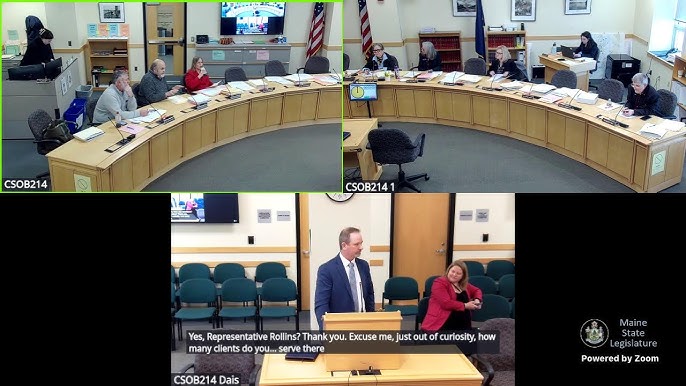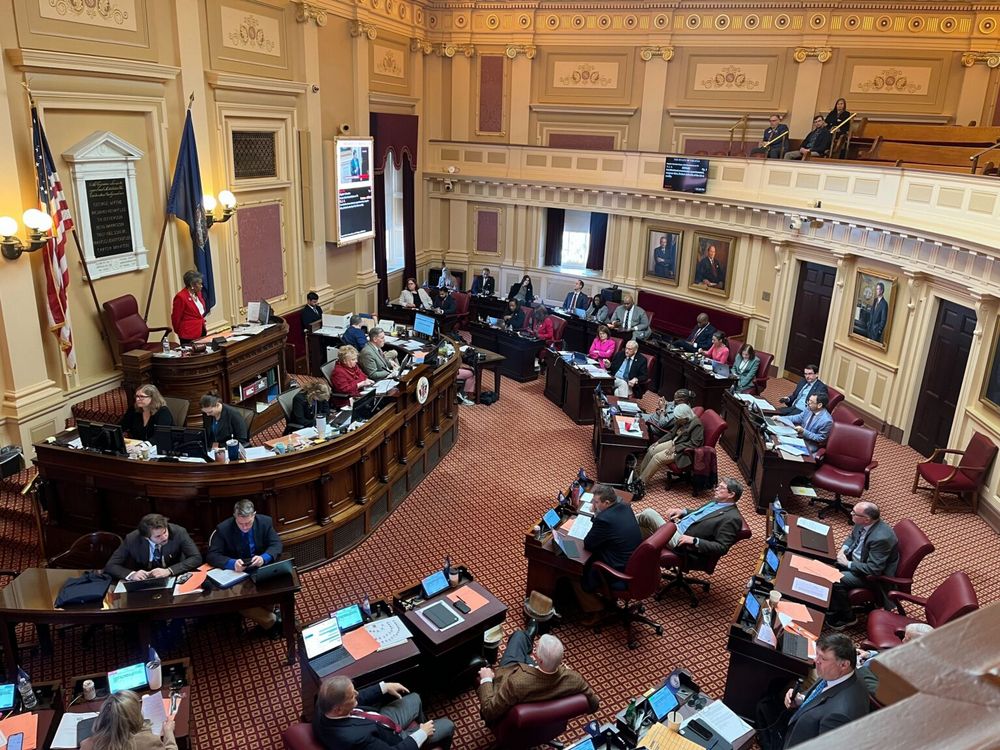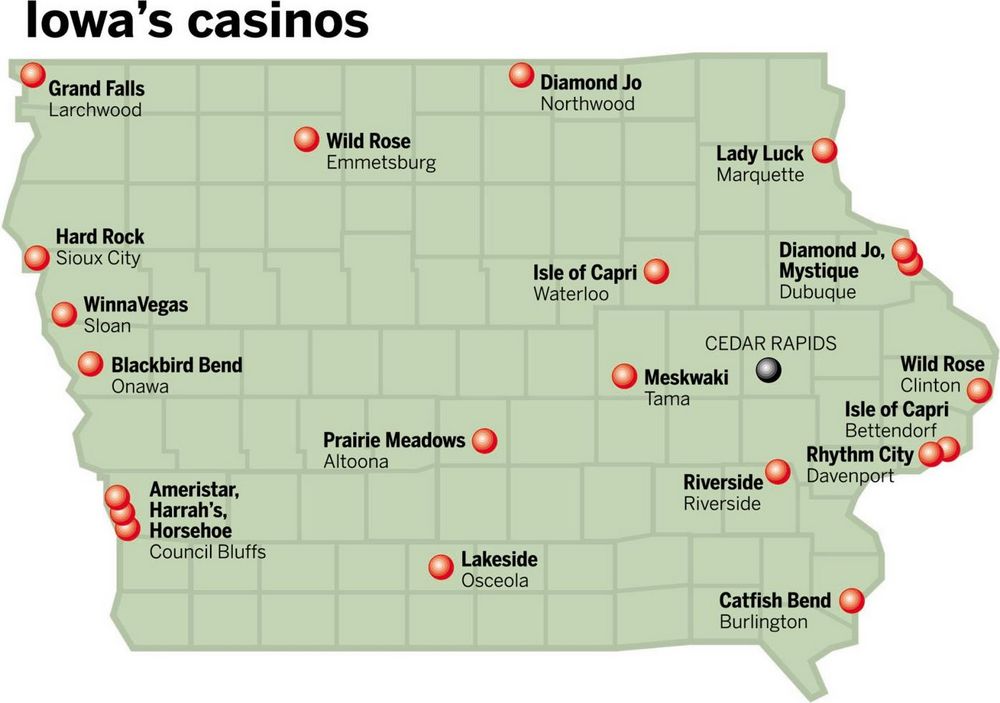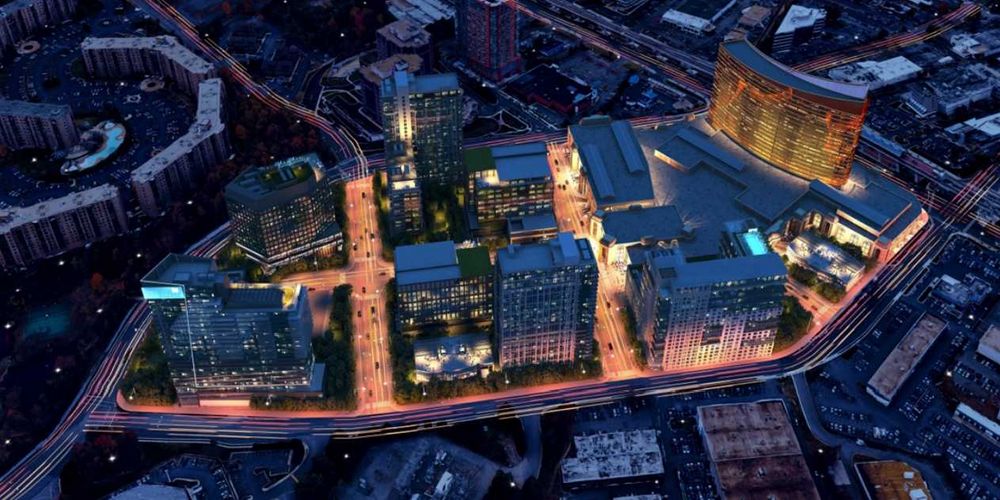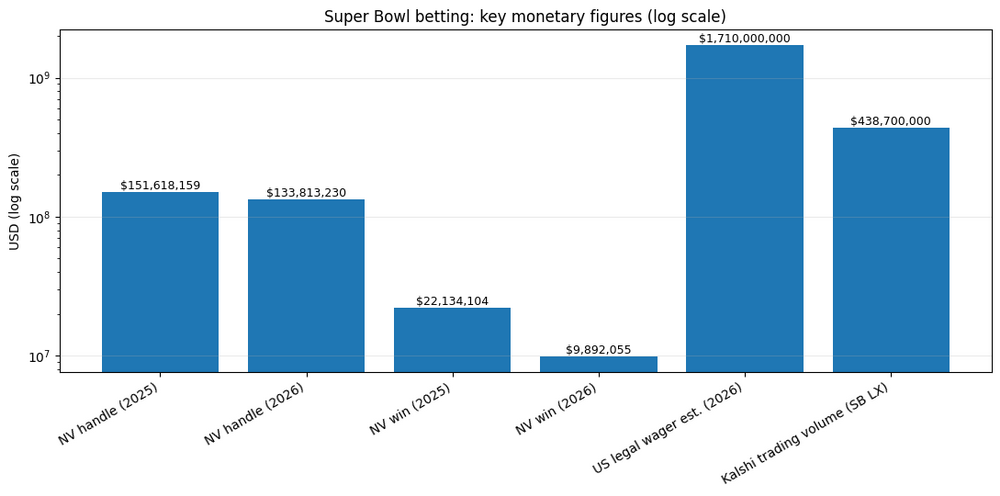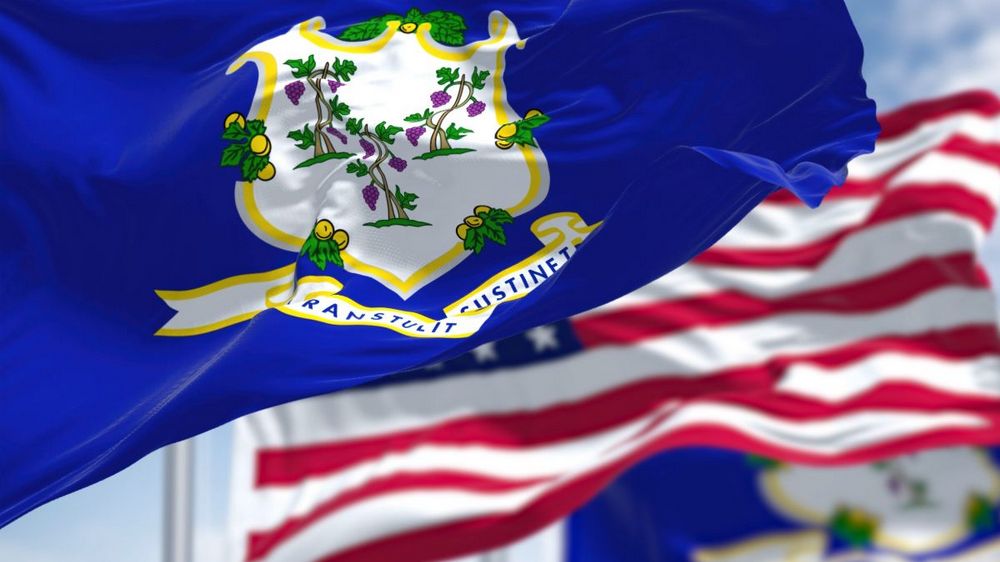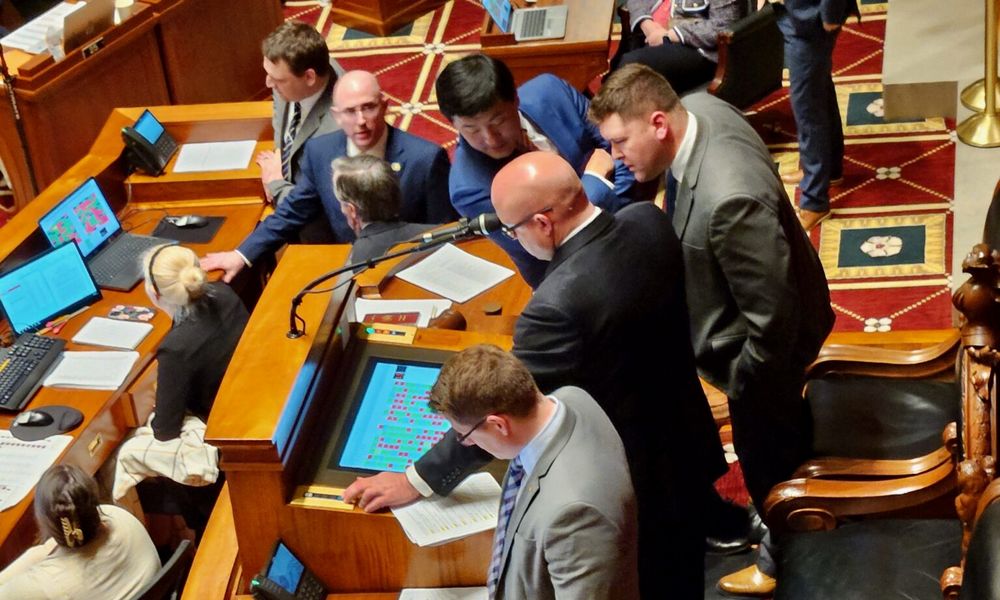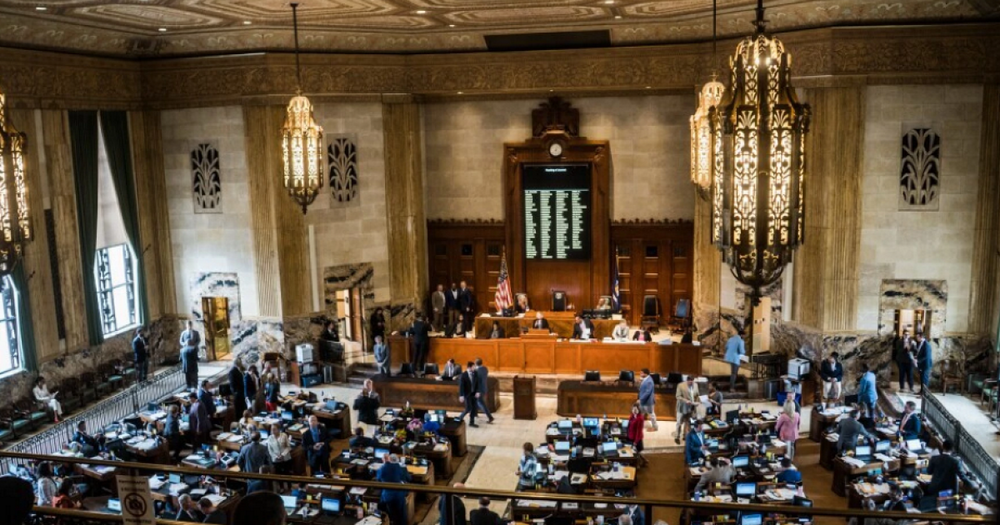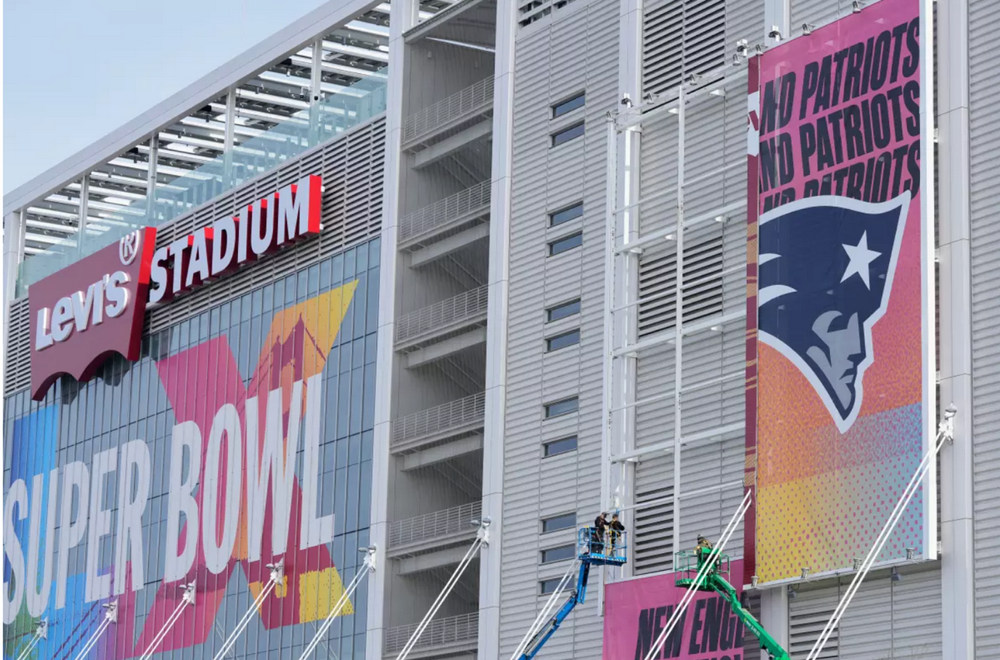Tribal gaming leaders across the U.S. are sounding the alarm over President Trump’s newly signed budget reconciliation measure—dubbed the “Big Beautiful Bill”—warning that it could strip hard-won sovereignty and destabilize tribal economies.
The sweeping legislation, passed on July 4, bundles reforms from energy policy to taxation. But buried deep in its text is a key change: a cap on gamblers’ loss deductions at 90%. While seemingly minor, tribal casino operators fear this could drive high-rollers to offshore platforms, cutting into vital revenue streams and threatening jobs across tribal lands.

“The entire industry is freaking out,” said Victor Rocha of the Indian Gaming Association, capturing the widespread concern among tribal gaming operators.

Beyond tax implications, tribal leaders are increasingly worried about federal overreach. Several provisions undermine long-standing treaty obligations and erode tribal self-governance. Critics argue that the use of budget reconciliation to pass the bill allowed lawmakers to dodge public debate and input from affected communities.
Though the bill includes some relief—like homeland security grants and protections for tribal Medicaid and food programs—leaders say the damage outweighs the benefits. “While there are positive outcomes, this bill is bad enough… it’s going to roll out slowly,” warned IGA’s Larry Wright Jr.

Early consequences are already emerging. Casinos near the U.S.–Canada border report declining foot traffic, attributed to broader policy instability and economic ripple effects. Experts warn that the real blow may come after the 2026 midterms, as delayed provisions begin to take effect.
In response, tribal coalitions are rallying bipartisan support in Washington and urging tribal members to vote. They hope pressure from the public and allies in Congress can trigger amendments through the Senate’s 60-vote procedural threshold.












